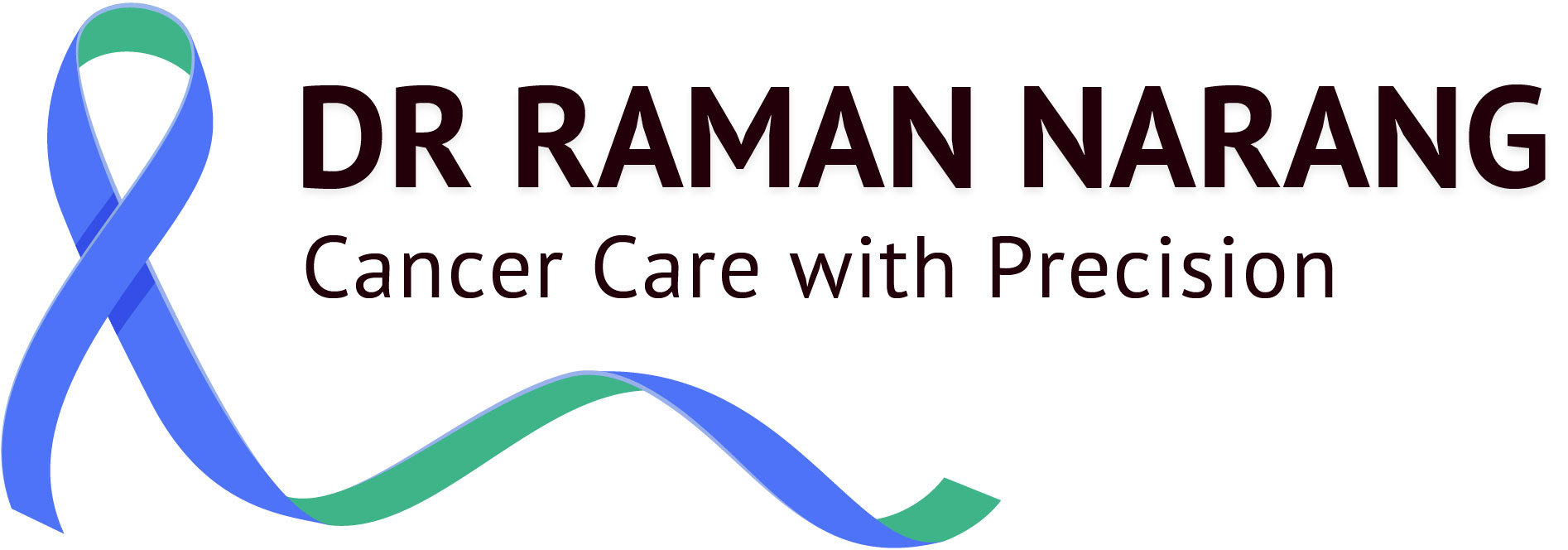A Study Conducted by Dr. Raman Narang
Radiation therapy plays a critical role in the management of breast cancer, particularly in preventing local recurrence and improving survival rates. During his postgraduate studies, Dr. Raman Narang undertook a comprehensive randomized control trial (RCT) and data analysis focusing on fractionation schedules in breast malignancy. This pioneering research sought to evaluate the efficacy, safety, and patient outcomes of different radiation fractionation protocols, contributing valuable insights to the evolving field of oncology.
Understanding Fractionation in Radiation Therapy
Fractionation refers to the division of the total radiation dose into smaller doses delivered over multiple sessions. Two main approaches are used in breast cancer treatment:
Conventional Fractionation: Standard dose-per-fraction (typically 1.8–2.0 Gy per day) administered over several weeks.
Hypofractionation: Higher dose-per-fraction (e.g., 2.5–3.2 Gy) delivered over a shorter duration, reducing the overall treatment time.
Dr. Narang's trial compared these two fractionation schedules to assess their impact on clinical outcomes, toxicity, and quality of life in patients undergoing post-lumpectomy or mastectomy radiation therapy.
Study Design and Methodology
1. Randomized Control Trial
The trial involved a diverse cohort of breast cancer patients who were randomized into two groups:
Group A: Received conventional fractionation over 5–6 weeks.
Group B: Received hypofractionation over 3–4 weeks.
2. Parameters Evaluated
The study measured several critical outcomes:
Tumor Control: Rates of local recurrence and disease-free survival (DFS).
Toxicity Profiles: Acute and late side effects, including skin reactions, fatigue, and cardiac toxicity.
Cosmetic Outcomes: Patient-reported satisfaction with breast appearance post-treatment.
Quality of Life (QoL): Evaluated using validated tools to measure physical, emotional, and functional well-being.
3. Data Analysis
The data collected from patient follow-ups were rigorously analyzed using statistical methods. Kaplan-Meier survival curves, multivariate regression analysis, and toxicity grading scales provided a comprehensive picture of treatment outcomes.
Key Findings of the Study
Comparable Efficacy:
Both fractionation schedules demonstrated similar local control rates and disease-free survival outcomes. Hypofractionation emerged as an equally effective alternative to conventional fractionation for early and locally advanced breast cancer cases.Reduced Toxicity with Hypofractionation:
Acute side effects, such as skin erythema and desquamation, were less severe in the hypofractionated group.
Late toxicities, including fibrosis and cardiac events, were comparable between groups but less frequent in patients with shorter treatment regimens.
Improved Quality of Life:
Hypofractionation significantly reduced treatment time and associated patient burden, leading to better adherence and satisfaction.Cost-Effectiveness:
Shorter treatment durations translated to reduced healthcare costs and greater accessibility, especially in resource-constrained settings.
Clinical Implications
Dr. Narang’s research reinforced the growing body of evidence supporting hypofractionated radiation therapy in breast cancer treatment. Key takeaways include:
Adoption of Hypofractionation: The trial demonstrated that hypofractionation is a viable, patient-friendly approach with equivalent oncological outcomes to conventional fractionation.
Personalized Care: The findings highlight the importance of tailoring fractionation schedules to individual patient needs, considering factors like age, tumor stage, and comorbidities.
Healthcare Impact: Shorter schedules can alleviate strain on radiation therapy resources, making advanced cancer care more accessible in underserved areas.
Conclusion and Future Directions
Dr. Raman Narang’s randomized control trial provided a strong foundation for the adoption of hypofractionated schedules in breast cancer radiation therapy. By demonstrating comparable efficacy, reduced toxicity, and improved quality of life, the study has influenced clinical practice and guidelines for breast cancer care.
Future research could focus on integrating advanced imaging techniques and molecular markers to further personalize fractionation schedules. Additionally, long-term follow-up studies are essential to confirm the durability of these findings and evaluate the impact on survival outcomes.
About Dr. Raman Narang
Dr. Raman Narang is a dedicated oncologist with a passion for advancing cancer care through research and innovation. His postgraduate research on fractionation schedules in breast malignancy highlights his commitment to evidence-based practices and improving patient outcomes. With a focus on holistic and accessible care, Dr. Narang continues to contribute significantly to the field of oncology.

